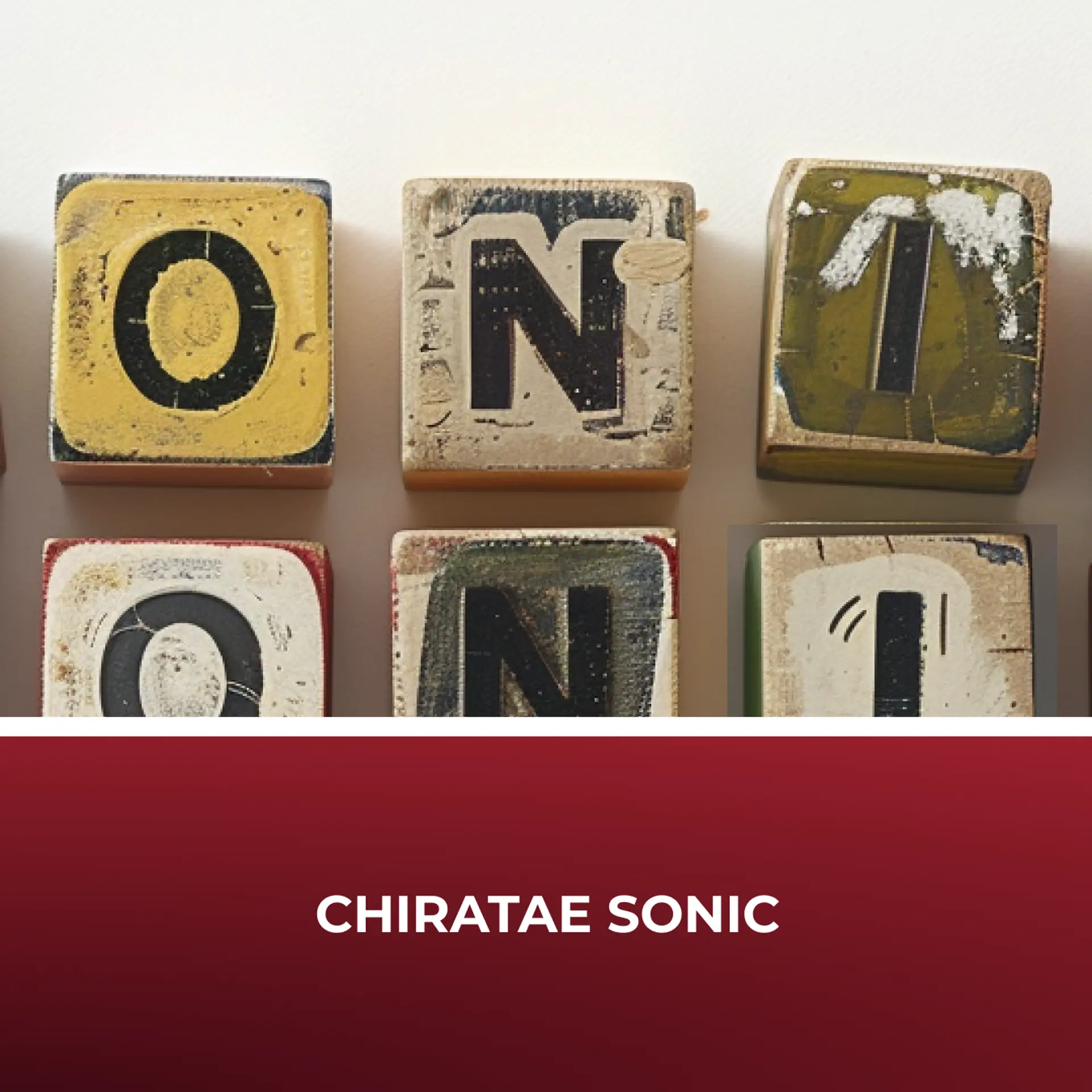Ralco in expansion mode amid a slowdown, to enter truck and bus radial tyre business
In an interview with AutoStory, Vice President Yogeshwar Sharma spoke about Ralson India’s new venture into the truck and bus radial tyre manufacturing business, making tyres for EVs, and its answer to sustainable development.
Ralson India began its journey in 1974 with the manufacturing of bicycle tyres and tubes. Today, the Indian tyre company is one of the top five industry leaders globally, and has also become the largest producer and exporter of bicycle tubes and tyres in India.
At the turn of the century, in 2001, it diversified to two-wheeler and three-wheeler tyre manufacturing at its two factories in Ludhiana, Punjab, under brand name . Further, the company broadened its horizon to light commercial vehicles and farm equipment (tractors) segment in 2013.
For the past six years, Ralson India has experienced steady growth in its annual turnover, which crossed the Rs 800-crore mark in 2019. In its next phase of growth, Ralson will be entering the heavy commercial vehicle segment under the Ralco brand.
Yogeshwar Sharma, Vice President, Ralson India, revealed that Ralco is setting up a new greenfield facility in Indore, Madhya Pradesh.
Speaking to AutoStory, Yogeshwar said, “As part of our diversification plan, we are going to enter the truck and bus radial tyres segment. We are setting up a new state-of-the-art greenfield facility in Indore, over a sprawling area of 200 acres, and it will be exclusively reserved for manufacturing heavy commercial vehicle tyres.”
Ralson has already commenced construction of the plant and is in the process of acquiring machinery and other plant equipment needed in manufacturing radial tyres.

“The plant will be commissioned in four phases, and we expect the first product to roll out within two and a half years, and we will see an overall investment to the tune of about Rs 2,000 crore,” he added.
Expanding to EVs
With the Indian two-wheeler market undergoing its worst-ever slowdown in two decades, Ralco remains upbeat about its volumes. The company is amid a massive expansion mode and is planning to almost double the installed capacity of its two plants in Ludhiana.
Sharma further revealed that Ralco will increase its installed capacity of 2.81 million units per annum to five million units by the end of July 2020.
The company is not concerned with the ongoing economic slowdown in India as it gets the lion’s share of business from aftermarket fitments. Besides, Ralco is buoyed by the rise in demand for electric vehicles in the country.
Yogeshwar added, “We have a large market share in the electric vehicle market with a massive 70 percent share of the EV-OEM demand. Also, we have about 25 to 27 percent share of the overall electric vehicle market (OEM and aftermarket) in India.” Ralco competes with the likes of Maxxis, Ceat, MRF, among others in the auto ancillary (tyres) segment.
Its parent company Ralson India has partnered with several electric two-wheeler and three-wheeler manufacturers, including the likes of led Ampere EV, , Hero Electric, Lohia Auto, and Kinetic Electric. It has also forged an association with last-mile connectivity solutions manufacturer Mayuri.
Yogeshwar also confirmed that the tyres made for electric vehicles have the same compounds as the ones made for ICE-driven two-wheelers. However, as the speed rating for EVs is lower than that of the internal combustion engine (ICE) vehicles, they have certain constructional differences.
EcoRacer – Ralco’s answer to sustainable development
At present, Ralco has a five percent market share in the two-wheeler tyre market. It launched its flagship offering, Speedblaster, in 2018, targeting sports and adventure-loving young motorcycle enthusiasts.

With a focus on sustainable development, the company has introduced a new range of tyres known as the EcoRacer, a new ‘eco-friendly’ tyre range that Ralco is manufacturing to reduce carbon emission with a two-pronged approach in February 2020.
Explaining the concept behind EcoRacer, Yogeshwar said, “Instead of using synthetic-based chemicals, we have used a higher content of silica which is a natural product. This reduces the rolling resistance for the tyre. The engine which continues to produce the same amount of power and thrust will go for a longer distance, thereby increasing the overall fuel efficiency of the vehicle.”
The concept of a low rolling resistance tyre is not new in the Indian market. Honda 2Wheelers India was the first to introduce this technology with the CB Shine SP 125 in India back in November 2015.
“A higher content of silica as compared to the traditional tyres allows easy de-vulcanisation of used, worn-out tyres. This allows the entire content of the tyre to be recycled,” he added.
The EcoRacer range is positioned above the Speedblaster, and while initially only a 120mm width tyre was launched, Ralco intends to introduce a range of wider specification tyres to cater to bigger capacity motorcycles. The upper limit for this will be a 150mm wide tyre which will give Ralco access to premium motorcycles like the TVS Apache RR 310 and KTM’s RC and Duke range.
Besides, the company has also set out to introduce the EcoRacer range of tyres for the lucrative automatic scooters segment, which comprises 32 percent of the total two-wheeler sales, as per the SIAM data.
Moving forward with new technology
Ralson India has been eyeing the European market for several years now. Last year, the bicycle tyremaker participated in Eurobike, the biggest international bicycle expo held in Germany in September 2019, to gauge the mature European market.
“We got inputs on the kind of designs which have the potential to sell in Europe. Based on the experience at Eurobike, our product development team have commenced work on new sizes and thread patterns which will be suitable for the European market. We expect these special products to be ready in the next three to four months,” he said.
The company aims to further accentuate its learning by returning to Eurobike 2020 scheduled for later this year.
With its range of two-wheeler tyres, the company will also be focussing on the export markets in Africa and the Middle East. It already has a network of importers in the two regions who are doing business with its bicycle tyres. However, the company has been struggling with capacity constraints due to heavy demand.
According to Yogeshwar, 10 percent of Ralco’s production is exported. "This figure can be expected to increase once the two Ludhiana plants have been upgraded with increased capacity," he added.
In the past, global tyre makers have come out with concepts like 3-D printed and non-pneumatic tyres. However, Ralco believes that these technologies are still in preliminary stages and will take at least five to six years before hitting commercial production.
“In a country like India, you also have to consider the cost factor. These new products will be very expensive initially and will not be cost-effective,” he said.
(Edited by Suman Singh)









